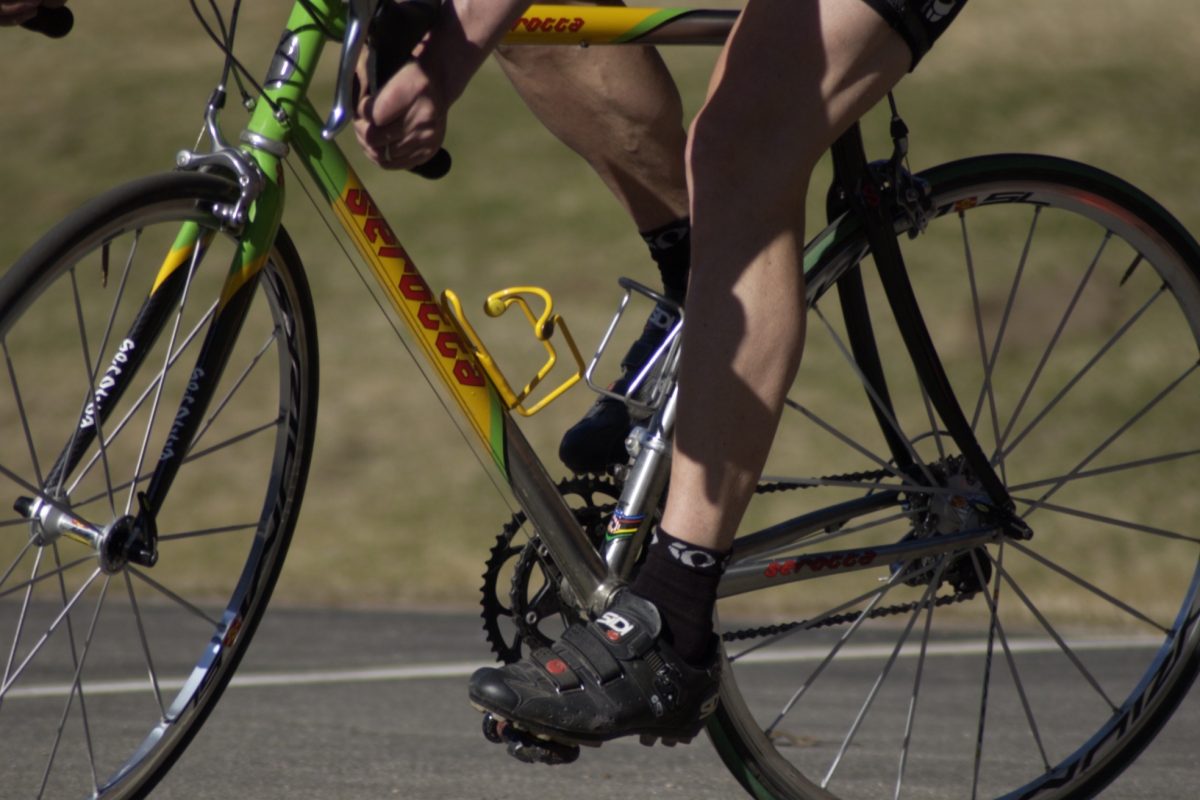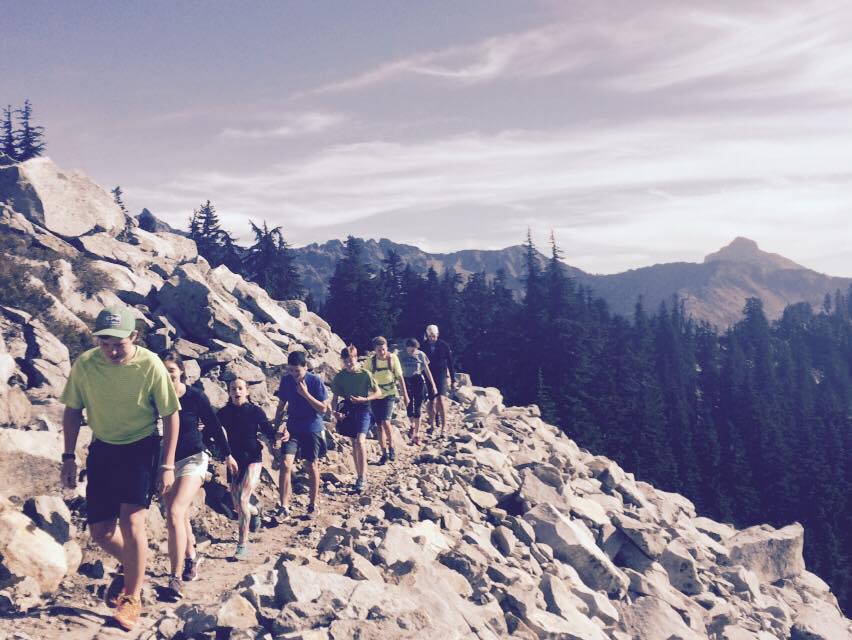
Cold snow, Spartan living, and one wicked long, wicked steep hill—welcome to Fort Kent.
“Reminds me of Russia,” said Norwegian biathlete Tarjei Boe, the leader of the men’s overall World Cup standings.
After a week in the relative metropolis of Presque Isle, the biathlon World Cup circuit has now moved to the small town of Fort Kent, in Maine’s northern-most reaches, for three more races.
Both women and men will race a sprint, a pursuit, and a mass start competition over the next four days, before all the athletes return to their respective homes to prepare for the 2011 World Championships in Khanty-Mansiysk, Russia, in early March.
After the races in Presque Isle last week went off in moderate temperatures on modest courses, athletes are gearing up for bigger challenges in Fort Kent.
Foremost among them is a massive, minute-long climb on the sprint course, just a few hundred meters out of the start. Steep, with two pitches, the hill is so big that some teams asked a trail to be groomed around it, so that athletes could stay at an easy pace while training.
The section is new since 2004, the last time World Cup races were held in Fort Kent; according to U.S. Biathlon CEO Max Cobb, the pitch was constructed as a response to feedback from teams.
“They said…it doesn’t really feel like there’s a test,” he said. “Now, there’s a test.”
Just how tough is the climb? Simon Fourcade, the French star, told FasterSkier that he thinks the pitch is “one of the hardest hills on the World Cup.”
The rest of the course is more like last week’s in Presque Isle—winding, with technical downhills and rolling terrain, hemmed in closely by trees.
“It’s really hard to see where you are on the track,” Fourcade said.
Logically, all those trees seem like they should shelter Fort Kent’s shooting range, which is nestled a bit farther and deeper into the surrounding terrain than the one in Presque Isle, where a stiff breeze plagued athletes last week. But according to Benjamin Weger, a Swiss biathlete, Fort Kent is similarly challenging.
“For shooting, it’s a bit difficult, because of the wind,” he said. “It comes hard, and then easier.”
The cold may also be a factor. After falling below zero Fahrenheit on Tuesday night, temperatures on Wednesday barely broke into double digits, and the predicted high for Thursday is nine degrees—with wind chill down to 10 below. The cutoff for racing is negative four Fahrenheit, so it’s unlikely any events will be cancelled, but it’s certainly possible for them to become unpleasant.
In town, many of the athletes are living in dormitories on the campus of the University of Maine.
Originally, the World Cup was scheduled to fall during vacation, but a shift in the schedule by the International Biathlon Union earlier this year left organizers scrambling to come up with lodging. Some coaches and service staff are actually living in area houses that have been rented for the week.
“It’s very challenging to find enough accommodations here—that remains the crux move for hosting events in Fort Kent,” Cobb said.
Weger, who’s staying at the University, said that housing in Europe is typically “a bit better,” but that things in Fort Kent are “not bad.” As Fourcade put it, “it’s different, too, between Germany and Norway.”
“Of course it’s a different ambience, here,” Fourcade said. “It’s normal—it’s not the same country.”
Who’s here? Well, in addition to Boe and Fourcade, a number of other top competitors have made the trip up to Fort Kent since last week, juicing up a relatively anemic men’s field from the races in Presque Isle.
Norwegian Emil Hegle Svendsen, with three wins on the year already, has flown in, along with German Michael Greis, and Austrians Simon Eder and Christoph Sumann. American Tim Burke will be back in action as well, after missing last weekend’s races due to illness.
The women’s field was stronger in Presque Isle, and it shouldn’t be much different here. (Start lists weren’t yet available for the first women’s race, on Friday, so it’s still tough to say, exactly.)
The action kicks off at 11:30 a.m. on Thursday, with the men’s sprint. Watch it live on biathlonworld.com, or check FasterSkier throughout the day for updates and reports.
Nathaniel Herz
Nat Herz is an Alaska-based journalist who moonlights for FasterSkier as an occasional reporter and podcast host. He was FasterSkier's full-time reporter in 2010 and 2011.



